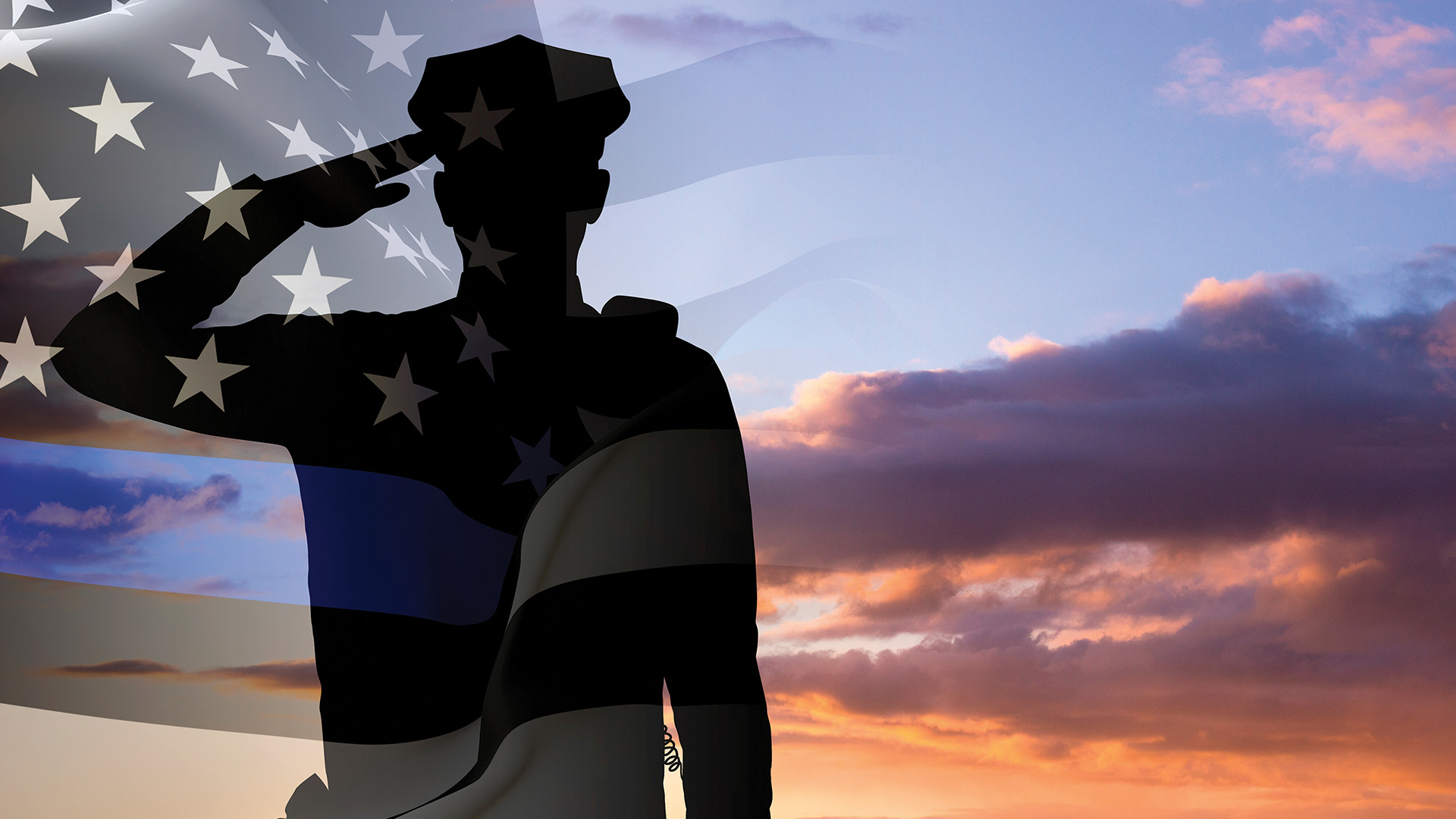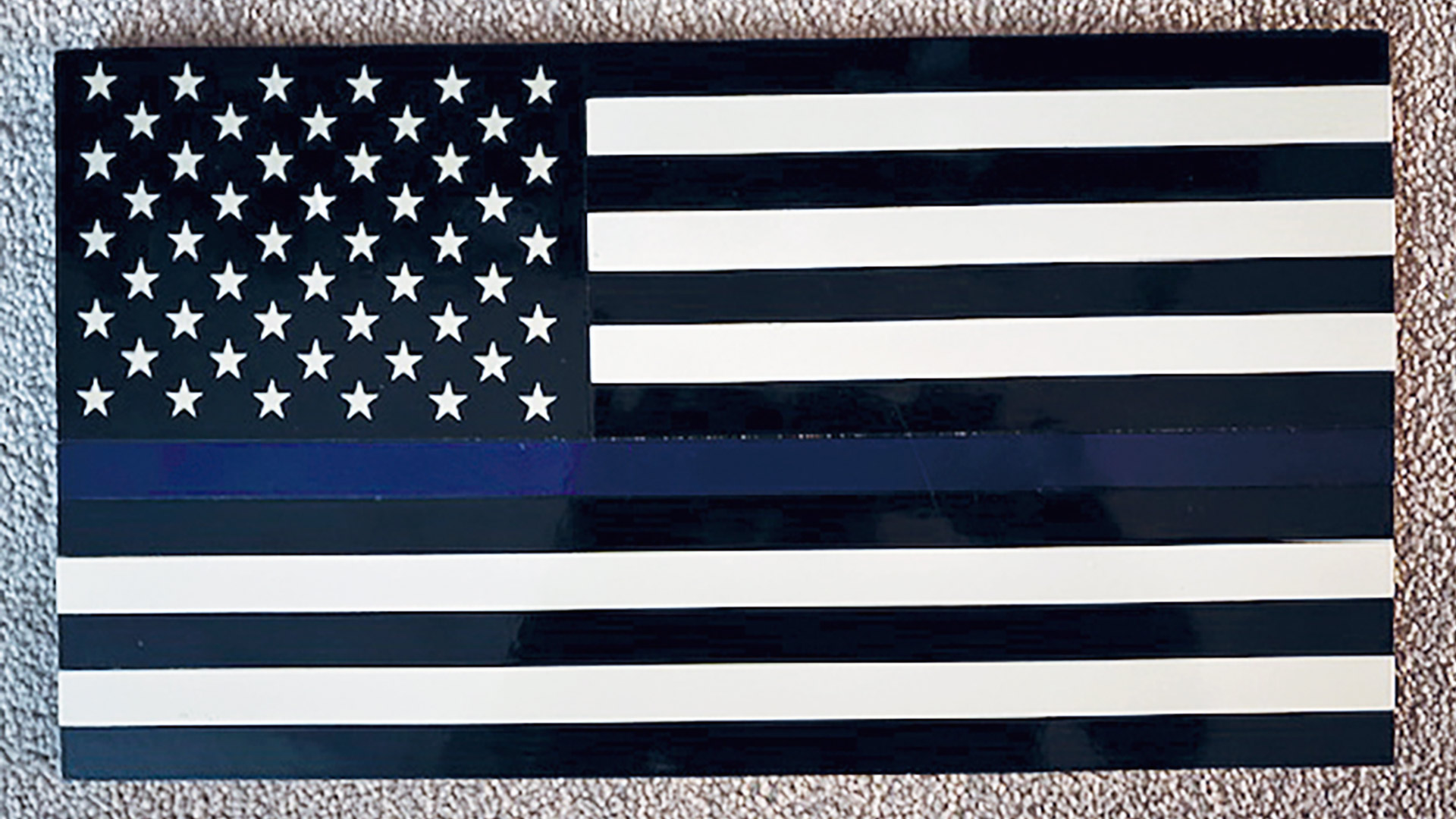
Back in the mid-1980s, Chief Fred Stoecker of the Wilmette Police Department posted the phrase “Justice in a Free Society” on the side of all marked police cars. At this time, I really don’t remember if he explained why he wanted this phrase on our vehicles. Most of the officers I worked with never really understood how to respond when people asked us what it meant. Chief Stoecker made a profound statement when he had that phrase placed on our squad cars some 40 years ago. I believe he saw how critical our profession was to the quality of life of the people we serve. He was a visionary, although the rest of us failed to grasp what he was trying to say with his message.
Herman Goldstein, the founder of problem-oriented policing, described this concept as follows: “The strength of a democracy and the quality of life enjoyed by all citizens are determined in large measure by the ability of the police to discharge their duties. If we think what we do on the front lines doesn’t affect the quality of life of all those in the community, we need to wake up and understand the impact of what we do every day.” Police officers today are the frontline protectors of our democracy. We strive to achieve and promote justice every day, and we are sworn to uphold and protect the U.S. Constitution.
Police officers embrace and serve a cause greater than themselves — they serve the greater good.
The “thin blue line” is a term typically used to assert that police officers are the line that keeps society from descending into violent chaos. The symbol embodies the concept of law enforcement standing as a safety barrier between the law-abiding citizens of America and the criminally inclined. It also represents the guardian and protector responsibilities of our profession.
The term originated in the 1950s when law enforcement professionals adopted the blue line to represent their sacrifice and courage in protecting the American people. The “thin blue line” emblem was created to symbolize all law enforcement personnel, much like the Red Cross symbol represents medical personnel. The “blue” in “thin blue line” refers to the color of the uniforms worn by many police departments. Usage of the term became prevalent in the ’50s, with Los Angeles Police Chief William Parker frequently referencing it. It was even used as the title of a ’50s TV show, The Thin Blue Line, which promoted the LAPD in a positive light. The phrase was further popularized in the ’50s and ’60s by the TV show Dragnet.
In the ’70s and ’80s, the blue line started to be widely used among U.S. police departments. I recall it even appearing in police novels written by LAPD Sergeant Joseph Wambaugh. I recently heard a reference to a documentary called The Thin Blue Line on the TV show Blue Bloods. Ironically enough, in January 2023, the LAPD was one of the first agencies to ban the use of the “thin blue line” flag.

Supporters of the symbol say it represents paying respects to law enforcement officers slain in the line of duty and allows officers to show solidarity against false attacks by critics. The blue line symbol and flag have been criticized and called offensive by those who oppose the mission of law enforcement and who have been misled by the narrative of brutality, racism and corruption as commonplace among the hundreds of thousands of police officers who serve our communities and are accountable to them. The “thin blue line” is not the blue wall of silence!
Former President Ronald Reagan once stated, “Evil is powerless if the good are unafraid.” The “thin blue line” represents a demarcation between good and evil. Police officers take risks and put their lives on the line daily. The “thin blue line” is a small tribute and reminder that the primary mission and purpose of law enforcement is to establish peace and reduce criminality and violence in our communities.
The American flag pays tribute to all people and our country’s sacrifices to gain freedom and independence. Similarly, the slogan and the symbol of the “thin blue line” pays homage and support to all police officers for their thankless efforts in keeping peace in our communities and our country. That is the same underlying message Chief Stoecker was trying to convey with putting “Justice in a Free Society” on our police cars.
The symbolism of the “thin blue line” even conveys the ideals of Sir Robert Peel — that the police are the public, and the public are the police. We are all on the same side. Police officers are accountable to and in partnership with the community. They are not part of any radical, self-serving or oppressive organization. The blue line is a symbol of pride and dedication to their profession. Officers today sometimes get discouraged and feel that their work is not appreciated or really doesn’t make a difference. The “thin blue line” is a reminder that when people call for help and others fail or are unwilling to act, our officers are always ready and prepared to serve and protect.
Officers should never doubt or underestimate the role they play and the value of the career paths they have taken. Most officers have made a lifetime commitment to their profession without hesitation. This commitment is a noble challenge that most people would not make. Cops are willing to accept challenges that only the finest are capable of honoring. They take risks, knowing that with those risks comes the opportunity to make a difference every day and to honor a noble cause.
The International Association of Chiefs of Police once issued this statement: “Police officers take risks and secure the safety of fellow citizens, and they endure such risks and tolerate such inconveniences on behalf of strangers. Consequently, police work is one of the most noble and selfless occupations in society. Making a difference in the quality of life is an opportunity that policing provides — and few other professions can offer.”
Police officers embrace and serve a cause greater than themselves — they serve the greater good. We live in a democracy based on principles and legal rules. As Chief Stoecker implied back in the ’80s, a society needs dedicated servants whose mission is to preserve those principles and uphold the rules of law. That is the essence of how “Justice in a Free Society” is achieved and safeguarded by the brave men and women in law enforcement.
Throughout all the challenges, conflicts and changes in our careers, always remember your sense of purpose and never forget the reasons why you entered our noble profession. The passions that originally motivated us sometime fade, and we tend to become cynical and negative. All of us were called to this field because we had a desire to serve others and make our communities safe from criminals. That was the real reason we became cops — to preserve and hold that “thin blue line.” Redirect your energy and that of your fellow officers toward those passions. Never, never give up the good fight. You do make a difference!
As seen in the December 2024 issue of American Police Beat magazine.
Don’t miss out on another issue today! Click below:





